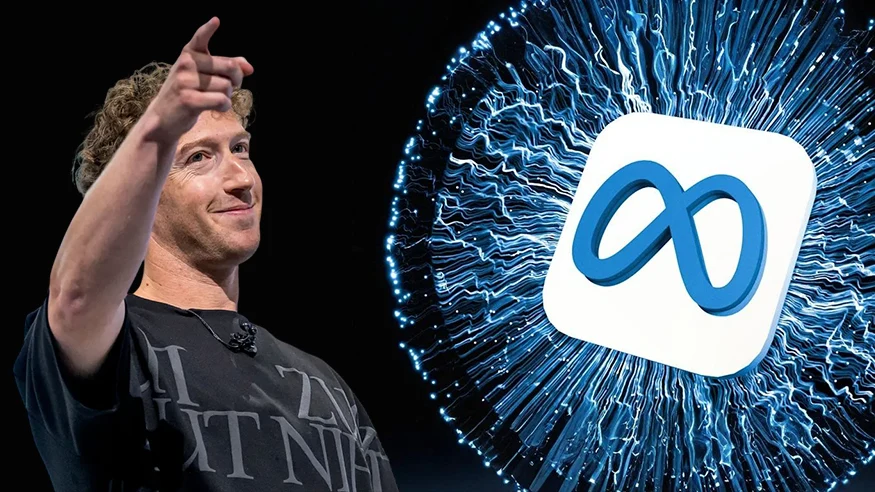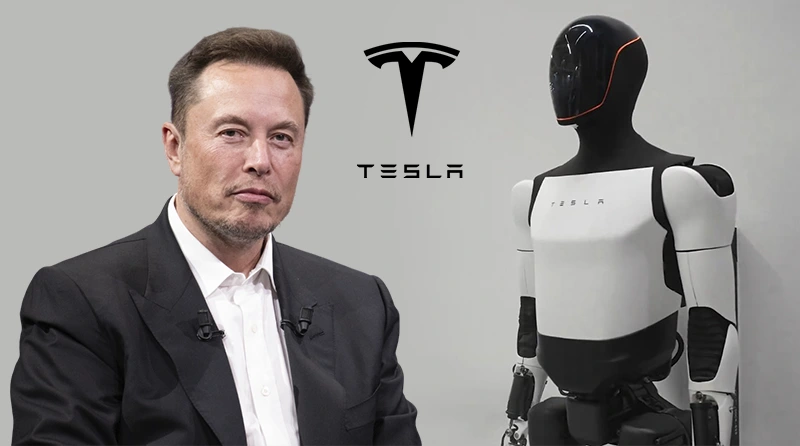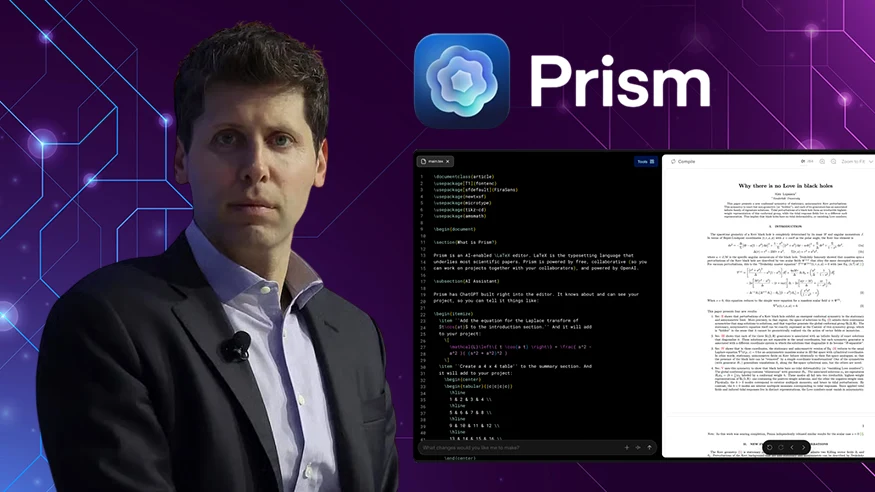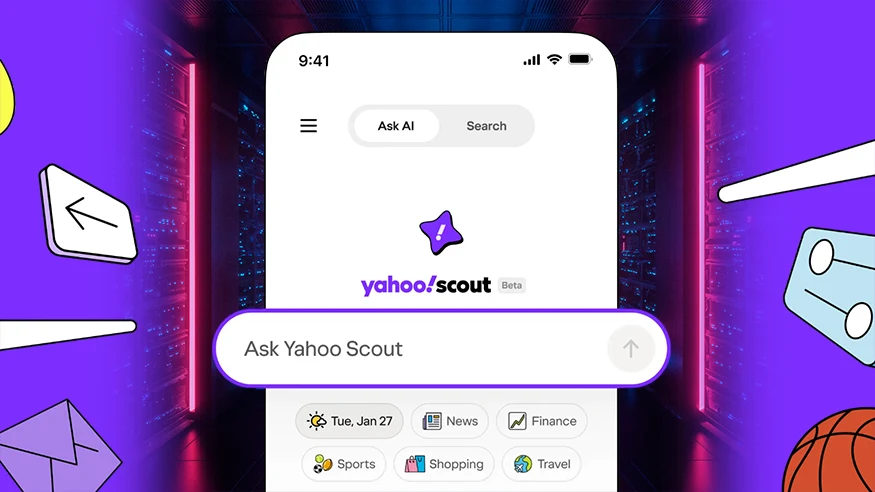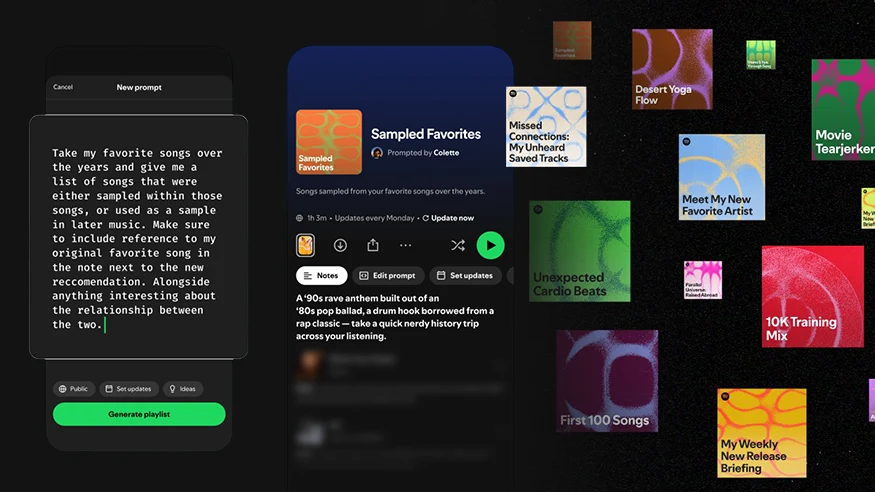WhatsApp Private Processing Set to Revolutionize AI Chat Privacy in 2025
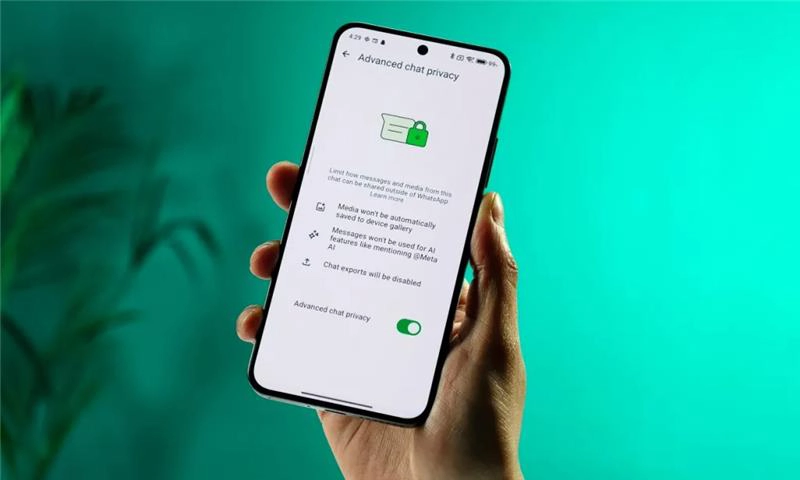
WhatsApp has announced the rollout of a new privacy-focused feature, ‘WhatsApp Private Processing,’ aimed at safeguarding AI chat data by conducting sensitive processing directly on users’ devices. The initiative represents a major shift in how artificial intelligence functions within messaging platforms, emphasizing enhanced private AI chats, encrypted data processing, and on-device machine learning without compromising encryption.
The feature is being introduced at a time when data protection regulations are tightening worldwide, and public concern around AI privacy is growing. Meta, the parent company of WhatsApp, claims that this advancement will allow users to enjoy AI-powered functionalities while keeping personal data secure and private. The goal is to ensure that sensitive conversations remain private while still allowing for intelligent AI-driven features such as smart replies, message summarization, content filtering, and contextual assistance.
WhatsApp Private Processing: A Shift Toward Secure AI Chat
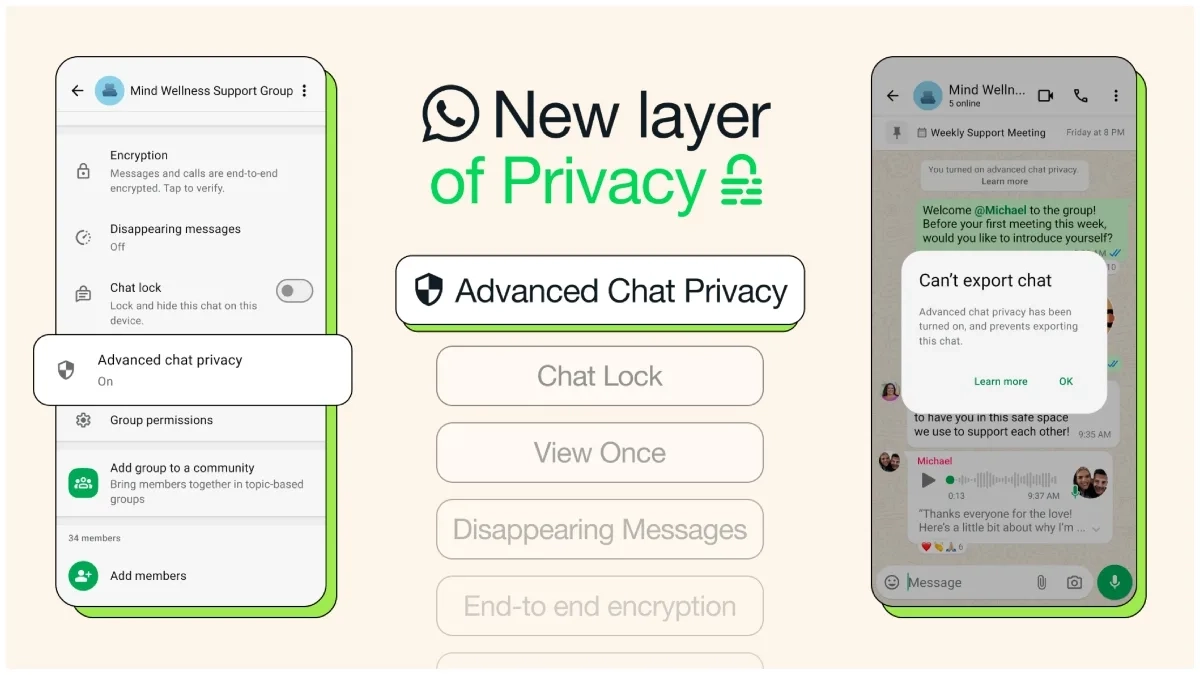
In an official blog post, WhatsApp outlined that the WhatsApp Private Processing system will allow AI-driven features like smart replies and content summarization to operate entirely on a user’s device. This marks a departure from conventional cloud-based AI processing, which often requires user data to be sent to remote servers.
By leveraging on-device machine learning and federated learning, the company states that it can maintain the core principles of end-to-end encryption while still introducing intelligent capabilities to the platform.
A WhatsApp spokesperson said,
“We are committed to making messaging both smart and private. With Private Processing, your data never leaves your device, and AI never sees your messages.”
Why AI Chat Privacy Matters in the Current Digital Landscape?
The announcement comes amidst rising concerns about how companies use artificial intelligence to analyze user data. As chatbots and AI assistants become integral to everyday communication, the need for AI chat privacy has become more urgent than ever.
Messaging apps like WhatsApp have millions of users exchanging sensitive information daily — from business communications to personal conversations. The introduction of WhatsApp Private Processing aligns with growing global concern over data privacy, GDPR compliance, and AI governance. With recent data breach scandals and the rise of AI surveillance, there’s mounting pressure on tech companies to build privacy directly into the AI systems they deploy.
Experts point to several high-profile breaches and increasing surveillance concerns as a driving factor for innovation in secure messaging platforms. WhatsApp’s latest move appears to be a response to both regulatory demands and user expectations for GDPR-compliant AI solutions.
End-to-End Encryption and AI: WhatsApp’s Technical Breakthrough
Until recently, one of the key challenges in integrating AI into encrypted messaging was that smart features often required cloud processing, which could potentially expose user content. WhatsApp’s solution lies in hybrid AI architecture that blends privacy with performance.
The technology uses:
- On-device AI models capable of performing text analysis locally.
- Secure Enclave hardware found in modern smartphones to isolate AI processing.
- Differential privacy algorithms to ensure model training does not compromise individual user data.
This system allows for AI-enhanced messaging without ever decrypting message content on external servers.
How WhatsApp Private Processing Operates Behind the Scenes?
The new architecture is based on federated learning, a machine learning method where the model is trained across multiple devices rather than collecting data in a central location.
According to WhatsApp, the process works as follows:
- Each device processes data locally using its own copy of the AI model.
- Updates to the model are created on the device in an encrypted and anonymized format.
- These updates are sent back to WhatsApp for aggregation, improving the model without accessing any actual user data.
This method aims to bring AI chatbot privacy and personalized AI chat to the platform in a secure manner.
Key Features Expected to Launch with Private Processing
With the support of WhatsApp Private Processing, several AI-powered messaging features are set to roll out in 2025. These include:
- Smart Reply Suggestions generated locally using conversation context.
- Voice Message Summarization, offering users concise versions of long audio messages.
- Spam and Phishing Detection Alerts processed privately to protect user safety.
- Personal AI Assistants capable of reminders, scheduling, and context-aware responses — all confined to the device.
Industry Reactions: A Step Toward Responsible AI Use
The tech community has largely welcomed WhatsApp’s move. Privacy experts have commended the use of private AI processing as a model for ethical innovation in the age of artificial intelligence.
Dr. Leena Pathak, a digital rights researcher at the Center for AI & Society, commented:
“This represents a positive shift toward data sovereignty. WhatsApp’s approach demonstrates that it’s possible to embed intelligence into messaging platforms without undermining privacy.”
However, concerns remain about implementation, especially around device security, potential AI model manipulation, and the transparency of user opt-in or opt-out options.
Meta’s Larger Vision: Scalable AI Privacy Across Platforms
The announcement is part of Meta’s broader initiative to deploy privacy-first AI systems across its suite of products, including Messenger, Instagram DMs, and Horizon VR environments. With increasing competition from Apple and Google in the privacy space, Meta is under pressure to prove its commitment to trustworthy AI integration.
In a recent statement, CEO Mark Zuckerberg reiterated Meta’s long-term vision:
“AI can be both powerful and private. We’re building foundational technology to ensure that no one has to choose between smart features and secure communication.”
Impact on Users and Businesses
For everyday users, the update promises an improved messaging experience — powered by AI but grounded in data protection principles. For businesses leveraging WhatsApp’s Business API, Private Processing opens the door to more confidential customer interactions, especially in sectors like finance, healthcare, and legal services.
Customer service teams using AI chatbots on WhatsApp will benefit from the ability to offer contextual help while complying with privacy standards, potentially boosting customer trust.
Conclusion: A New Standard for Private AI Messaging
As AI becomes increasingly embedded in everyday applications, the importance of responsible and private AI development cannot be overstated. WhatsApp Private Processing is a significant step in balancing innovation with security, and it may well become the standard by which other platforms measure their own AI integrations.
The rollout is expected to begin globally later this year, with updates coming to both Android and iOS platforms. WhatsApp has confirmed that all AI processing will remain optional, ensuring users can maintain full control over their messaging experience.



